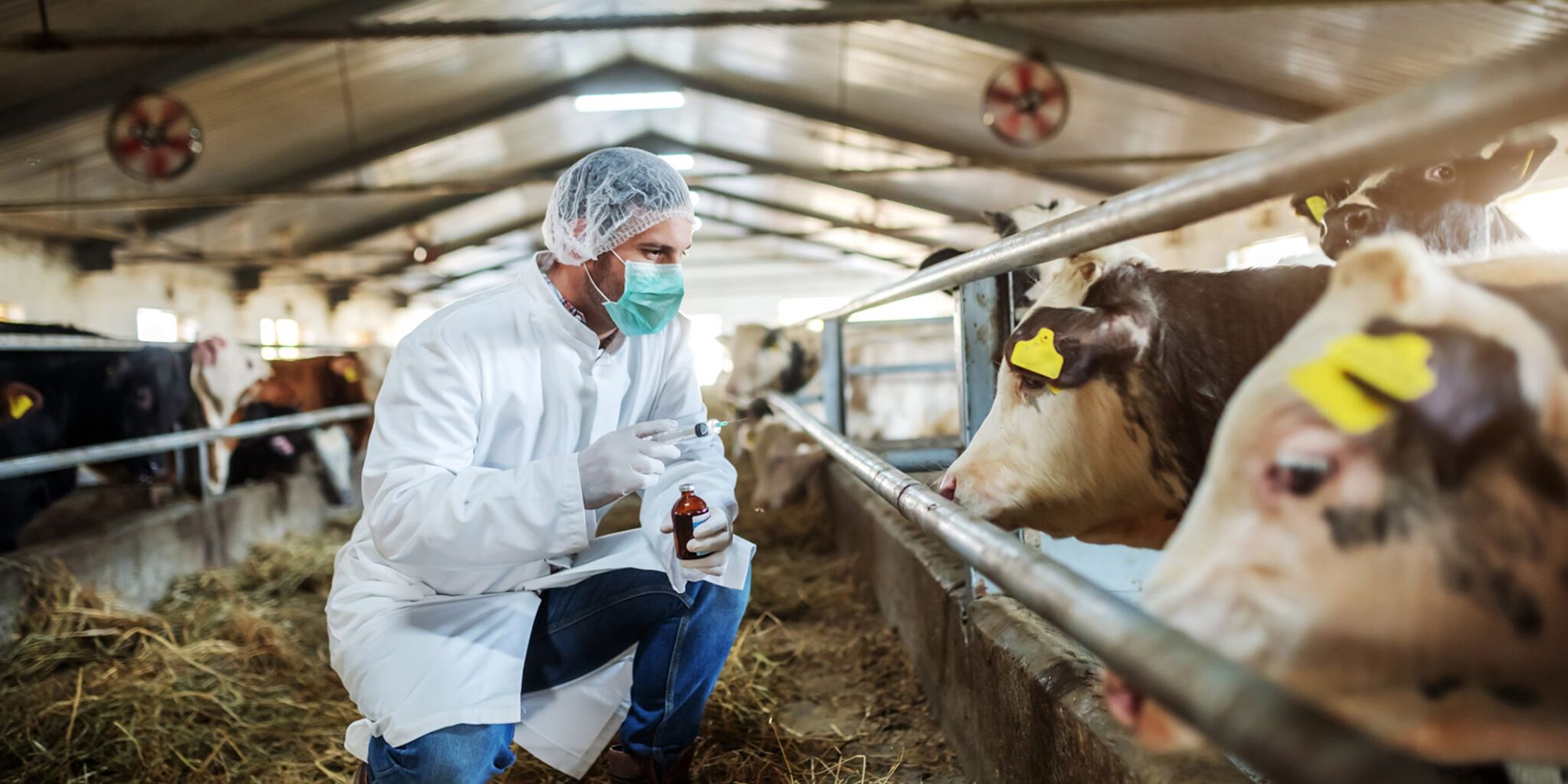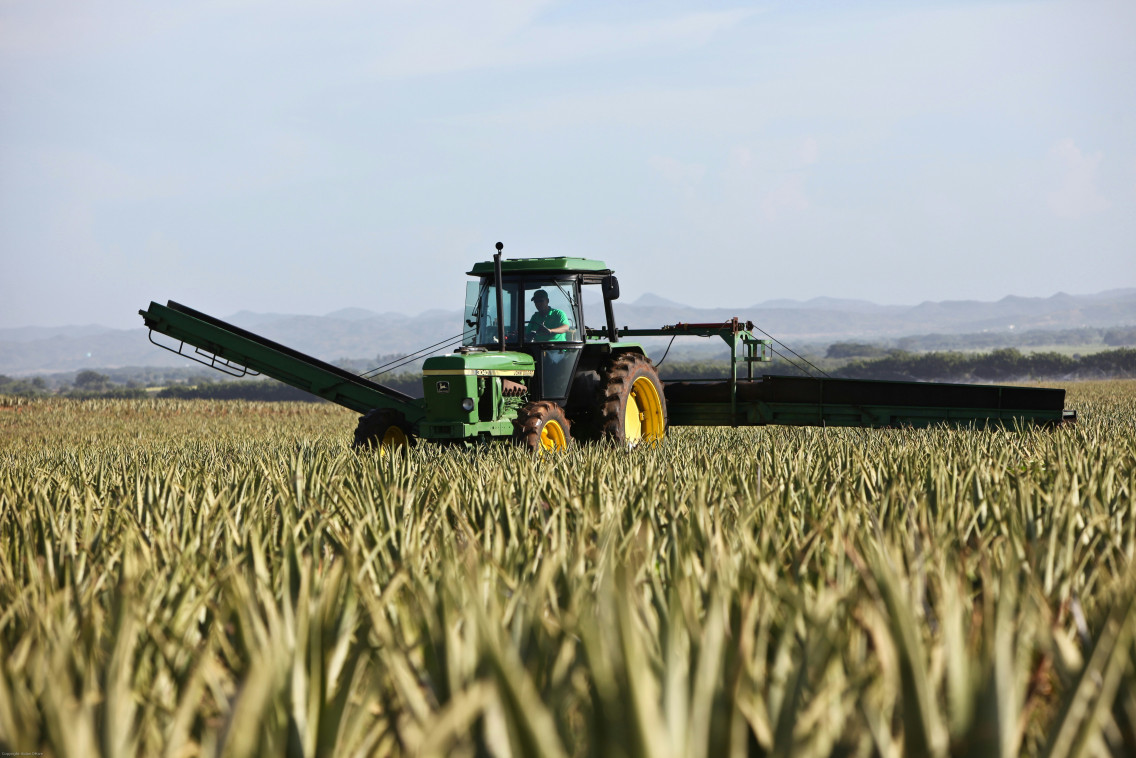USDA Confirms New Bird Flu Strain in Dairy Cattle

Dairy cattles tested for bird flu virus. Source: Missouri Independent
The United States Department of Agriculture Animal and Plant Health Inspection Service (USDA APHIS) has confirmed the detection of a new strain of highly pathogenic avian influenza (HPAI) H5N1, known as genotype D1.1, in dairy cattle in Nevada. This is the first time this genotype has been found in dairy cattle after previously infecting only wild birds and domestic poultry.
The virus was detected in dairy cattle through milk genome sequencing. Previously, all U.S. dairy cattle infections were linked to genotype B3.13, which was first found in late 2023 in Texas. This strain has since spread to over 950 herds across 16 states. The emergence of genotype D1.1 has raised concerns in the dairy industry, affecting production, pricing, and trade. Infected cattle eat less and produce less milk, reducing overall supply. This could lead to shortages, higher prices, and consumer safety concerns. The outbreak may also prompt trade restrictions, adding financial pressure on dairy farmers.
The B3.13 to D1.1 mutation has the potential to lead to health issues in humans. Earlier strains caused mild symptoms like conjunctivitis, but D1.1 may lead to more severe illnesses, including fever, cough, muscle pain, shortness of breath, and, in rare cases, neurological issues or death. According to the CDC's Dr. Alicia Fry, while the risk to the general public is still low, D1.1 has been associated with more serious infections. Farmworkers in contact with infected livestock are urged to take strict protective measures.
To reduce infection risk, dairy workers must follow strict health protocols. A three-zone biosecurity system—red, yellow, and green zones—helps prevent cross-contamination. Wearing PPE, such as masks, gloves, and protective clothing, is essential when handling livestock. Proper hygiene, including thorough handwashing, is also crucial. Workers should monitor their health and seek medical care if symptoms appear after exposure to infected cattle.
Despite concerns over food safety, the U.S. Food and Drug Administration (FDA) states there is no evidence that H5N1 spreads to humans through milk. Pasteurization effectively inactivates the virus, keeping processed dairy products safe. Experts continue to emphasize the importance of strict food safety standards in milk processing and distribution to prevent any potential risks.
As of now, there have been no reports of dairy cattle culling due to genotype D1.1. In past avian influenza outbreaks in poultry, culling was often implemented to prevent further spread. However, authorities are still evaluating whether similar measures would be necessary for dairy cattle. The situation remains under close observation as experts work to assess the full implications of this new strain.
Tags:
Promotion
No promotions available.
Related Articles

Indonesia Agricultural Supplement Ranks Among the Top 100 Best Companies in ASEAN

5 Reasons to Study in Australia

7-Eleven to Close 444 Stores in North America as Part of Strategic Restructuring















